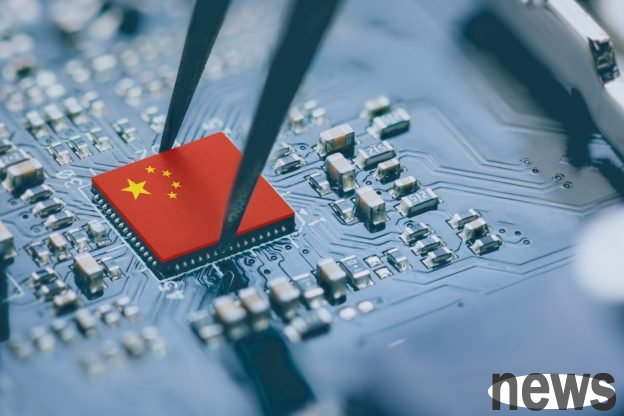
OpenAI executive chief Sam Altman warned that the United States may underestimate the complexity and seriousness of China's AI development. Just controlling the export of advanced chips is probably not a reliable solution.
According to CNBC, Ottman publicly told a group of reporters at a Mediterranean winery in Presidio, San Francisco on the 18th that the error in the Sino-US AI competition is not just as simple as who is going to be one step ahead. He said, "When it comes to recommending computing power, China may be built faster. In addition, we have to look at R&D and products. To observe the overall situation, we need to look at many levels. I don't think this can be simplified into: Who is the United States or China in the first place?"Even though the U.S. government tightens export controls from advanced semiconductors, Otman does not believe that this policy is in line with technical reality. When the reporter asked whether the controlled drawing processor (GPU) would be useful for mid-exports, Ottman replied: "My straightforward view is that it is useless. You can control exports, but maybe the project is not for …… or let people build a wafer foundry factory or find other solutions."
Although OpenAI has resisted fully opening technology, Otman said that the competition for AI models in China (especially the source systems provided by DeepSeek and other businesses) is one of the main reasons why the company recently decided to issue a source-rights model. Otman admitted that if he did not do this, the whole world would obviously rely on the opening-up model established by China.
The so-called "open weight" AI model refers to the parameters (that is, the value that determines how the model produces a response during the training process) that is publicly marked. Although this can bring a certain degree of transparency and control, it is different from being completely open. OpenAI has not disclosed its training data or complete original code.
US President Donald Trump recently mentioned the possibility of opening up NVIDIA's latest generation Blackwell architecture AI chip marketing. Trump's reporters' meeting in Washington on August 11 said, "Blackwell is super advanced, I will not use it for trading," unless NVIDIA significantly reduces its performance by 30 to 50%. Trump emphasized that Blackwell is the world's latest and most powerful chip, "it will never be given to them in the next five years."
NVIDIA Executive Director Jensen Huang previously stated that allowing Chinese AI developers to continue to use American technology will be more beneficial to the national security of the United States; if China is prevented from obtaining NVIDIA chips, it will encourage Chinese companies to develop their own research and development and attract the United States.
Extended reading: US media: China's partially started AI performance is superior to the US, attracting US police China's AI infrastructure leadership relies on power advantages, and the US's network is restricted or lost its leadership authority